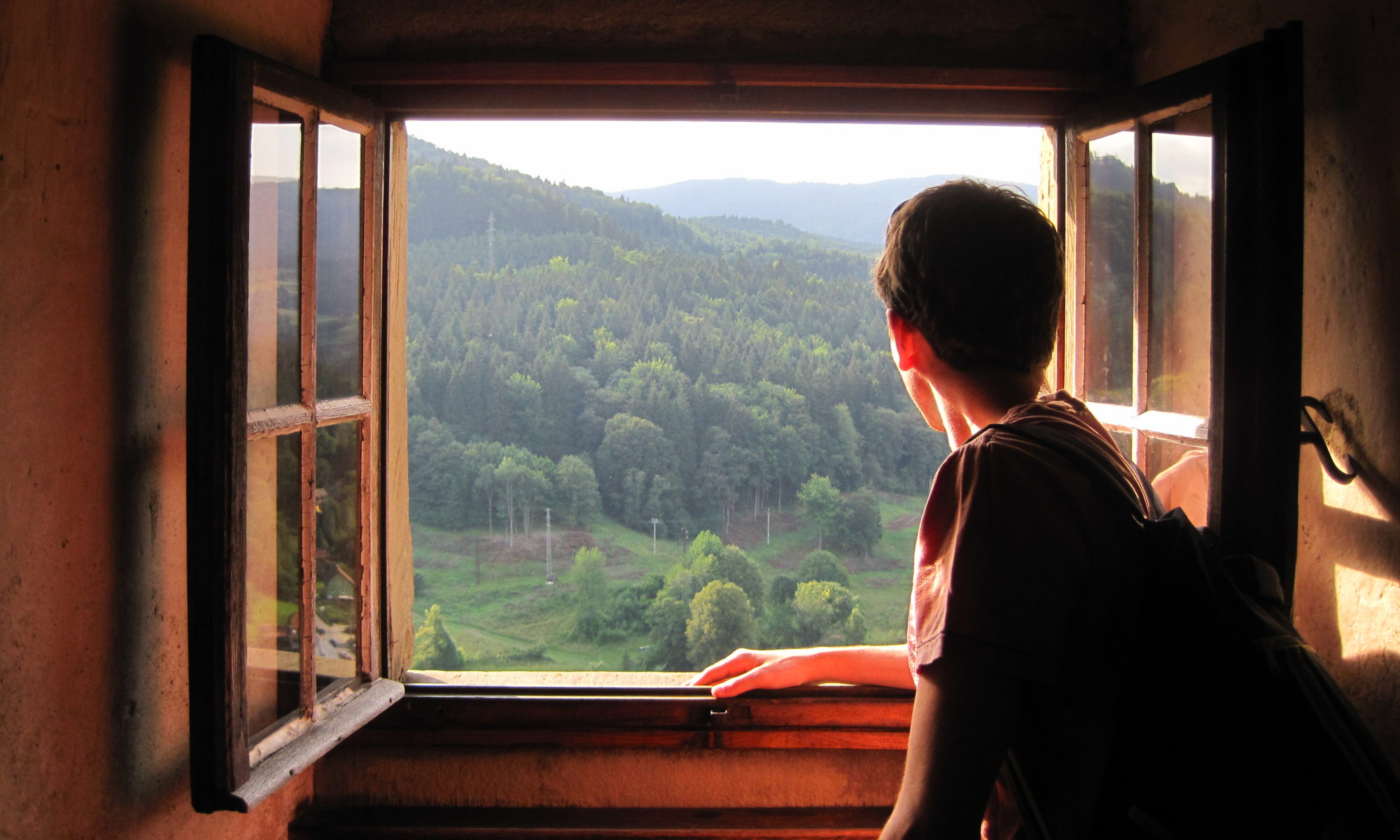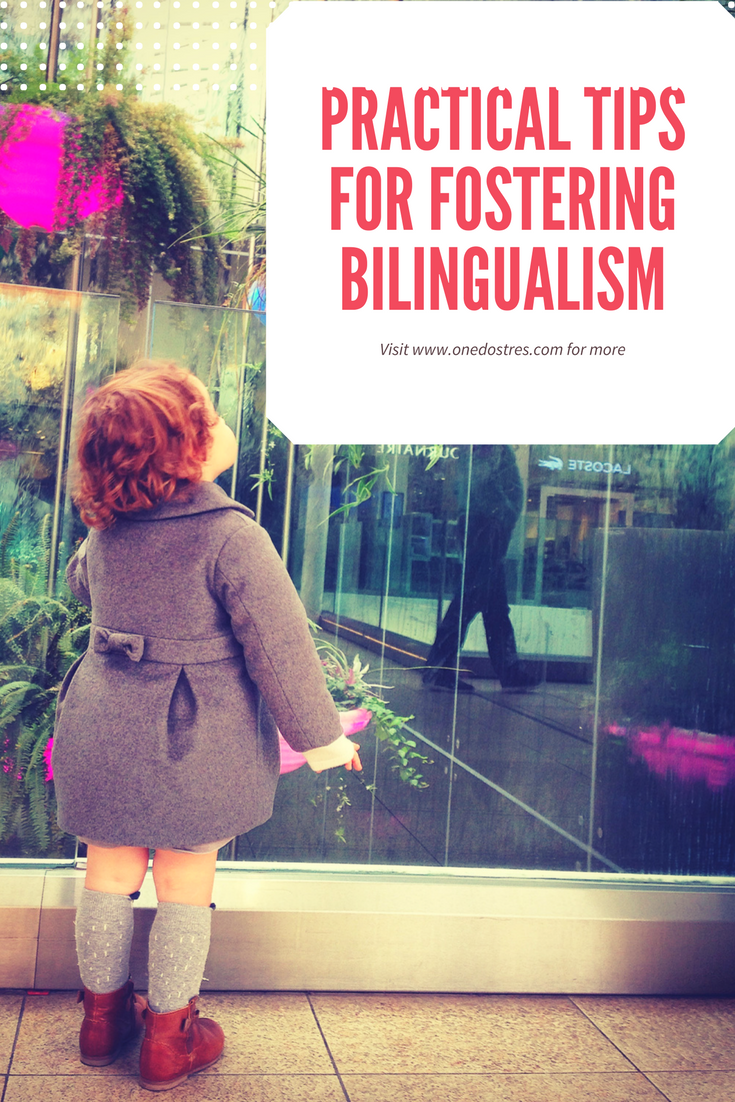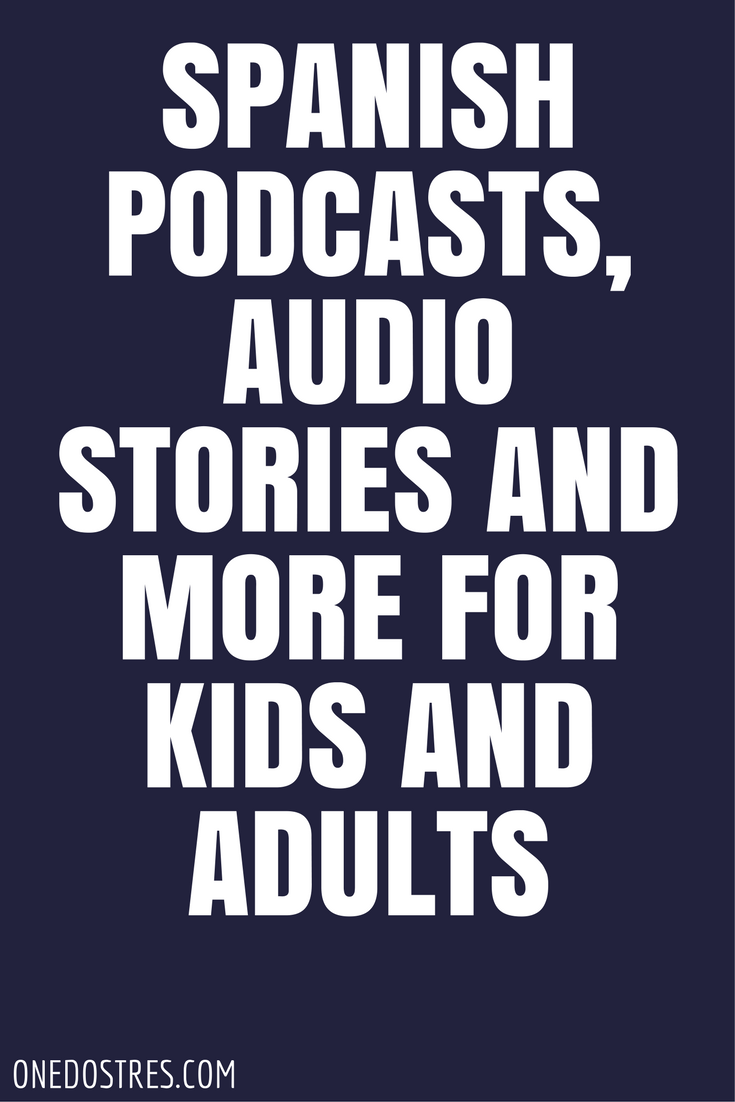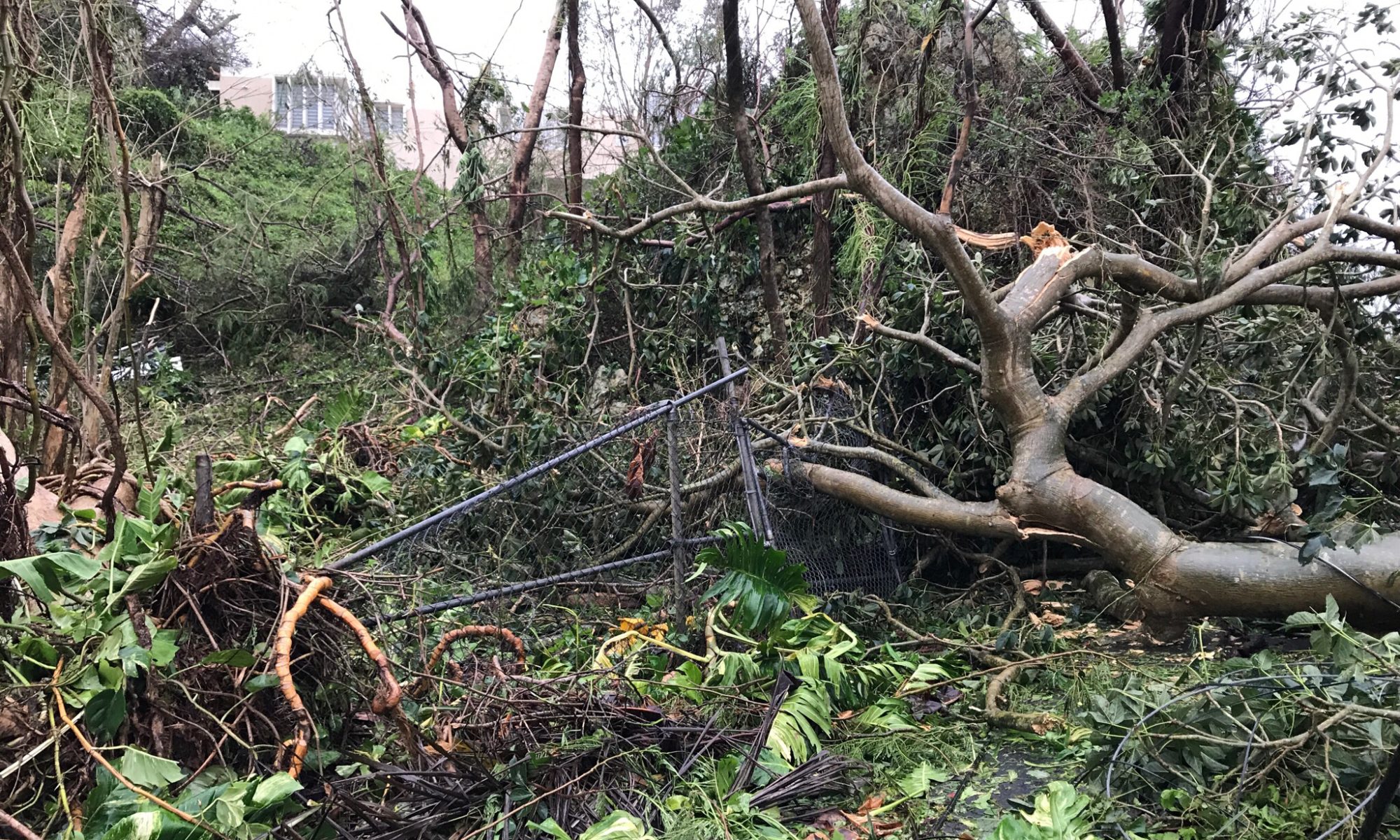It’s been awhile since I posted, so I thought it might be a good time to post some tricks and tips to foster and promote bilingualism & multilingualism that I’ve picked up along the way as we raise our two kiddos.
Before we begin, I should note that language acquisition (like parenting) is a marathon and not a sprint. Be patient. Regardless of how many languages they are learning, kids will make mistakes. They aren’t making mistakes because it’s too much exposure to too many languages. They are making mistakes because that’s how they learn. And with that, let’s begin.
Continue reading “Practical Tips for Fostering Bilingualism”



